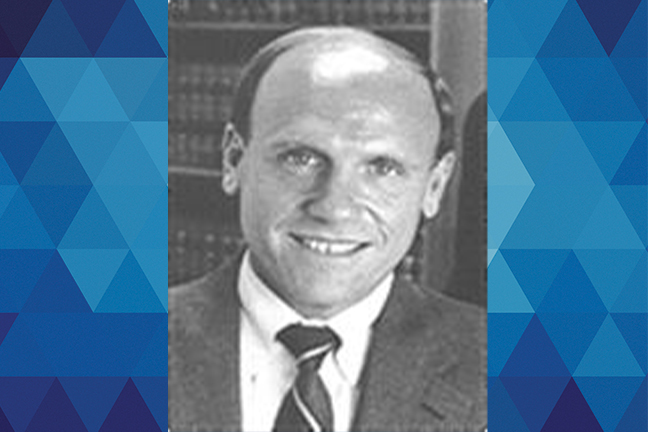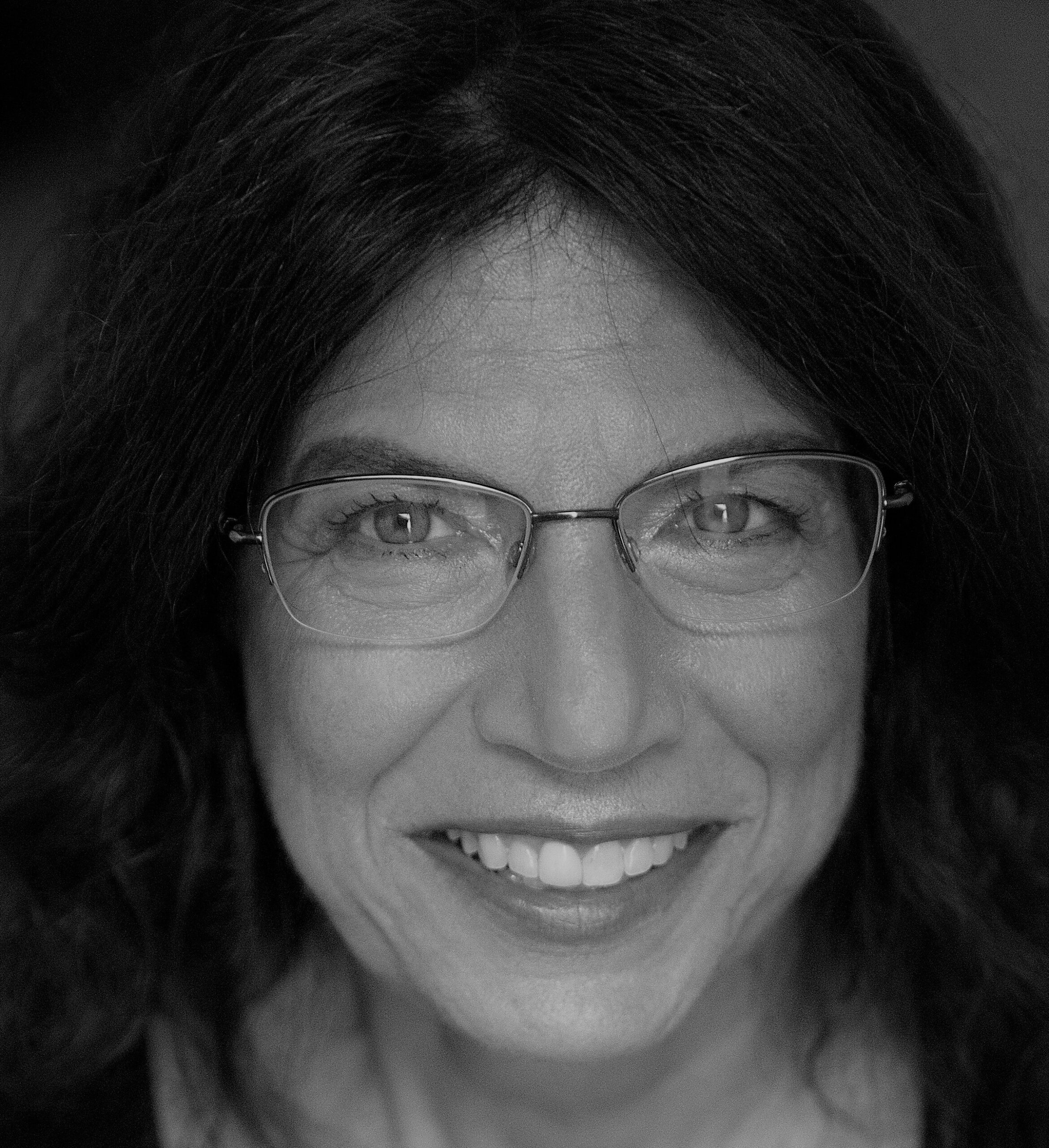It is our attitude at the beginning of a difficult task which, more than anything else, will affect its successful outcome. … The greatest weapon against stress is our ability to choose one thought over another. … Great emergencies and crises show us how much greater our vital resources are than we had supposed… —William James, Father of American Psychology
At a time when the pandemic is taxing humanity’s capacity to cope, these seminal observations by William James on the impact of stress could not be more timely and compelling.
Lost in the noise of spring campus closure and reopening, the natural rhythm of campus life has been thrown into a quandary of unforeseen black swan events. Indeed, these disastrous circumstances have ravaged the soul and optimistic vibe of campuses throughout the nation.

The CDC reports that 40% of US adults are experiencing a mental health crisis, post-traumatic stress, substance or alcohol abuse. After nine months of lockdowns, we are still seeing rising infection and hospital utilization rates. Beyond public health challenges, higher ed leaders are caught between a rock and a hard place when it comes to near-term enrollment melt and long-term financial sustainability.
Amid violent swings in the rapid succession of campus closures, openings, breaks and intersessions, the new normal has decimated public confidence and our sense of safety in spite of wide-spread testing, contact tracing, social distancing and mandated masks.
For most of us, the urgency of access to food, shelter and quality medical care during this pandemic is obvious. Yet, the impact of cultivating inner resources and resilience cannot be overstated.
Viktor Frankl wrote in Man’s Search for Meaning: “When we are no longer able to change a situation, we are challenged to change ourselves.” If Frankl could find meaning in the midst of the Holocaust, surely faculty, students and parents can find meaning in the midst of a pandemic.
Psychologists like William James and Viktor Frankl remind us to master our inner landscape. Psychology offers us the tools to navigate the turbulent waters of our times and optimize our human potential to be of service to others.
We now realize that the next wave of the pandemic will sweep in a mental health crisis as students, parents and faculty are feeling anxious, disappointed, lonely and out of touch with the new normal.
In the words of Amanda Zurick, assistant clinical psychology professor at William James College in Massachusetts: “I think this is a challenging time for everyone. … I have found that students need extra support, patience and encouragement. I try to create space in class where they can receive that from both me and their peers.”
WJC Associate Professor Jason Osher reports that the pandemic “has forced faculty members to think about teaching in a whole new way … [and] presents some real opportunities for innovation.”

William James alumna Jennifer Brownstein put it thusly: “We’re all going through this collective trauma, so the question becomes: how do we promote post-traumatic growth? We need resilient leaders. We need to be thinking about protective factors, and one of the top protective factors is building ‘community,’ so thinking about how we build a supportive community is key, one that allows people to be vulnerable, and that offers resources for self-care.”
In reflecting on his actual learning experience, George El-Khoury, a WJC Student Ambassador, shared this incisive observation: “William James College is a small school that makes a large impact on its surrounding community.”
Typically, students encountering stress seek help through student services, campus infirmary or campus health center. Unfortunately, there are seldom sufficient professional psychology and behavioral experts available to listen and help. Even when counselors hear students out, there is often a need to rotate them which requires students in crisis to repeat their story over again. Just in the past year, we have witnessed a proliferation of mobile apps for telementalhealth medicine. These digital modalities include online and fully interactive video.
In addition to students and faculty, we need to create courses in parental resilience for families who face anxiety caused by unemployment, overseeing their children’s remote learning, loss of loved ones and disability from COVID.
Against the background of these daunting clouds, William James President Nick Covino inspired 2020 graduates with this wisdom:
“When the Corona Virus hit New England and millions of people stayed home, students of William James College, a mental health workforce builder and teacher of organizational leaders, remained working in the field. Many quickly learned the skills of telementalhealth to work remotely and many went onsite with protective gear to help people with serious mental illness and those in recovery to continue to heal. WJC faculty and staff helped them to stay focused on completing their studies, while these compassionate young men and women, retained a focus on others. … The William James College motto is ‘Meeting the Need, Making a Difference.’ The storm that developed at the end of your studies did not deter your work, it informed and emboldened you. If anyone is prepared to meet the psychological needs that are present in our country in these trying times, you are.”
James E.¯Samels¯is President and CEO of The Education Alliance and Senior Partner in the law firm of¯Samels¯Associates, Attorneys at Law. Arlene Lieberman is Senior Consultant of The Education Alliance and Senior Associate, Samels Associates, Attorneys at Law.

